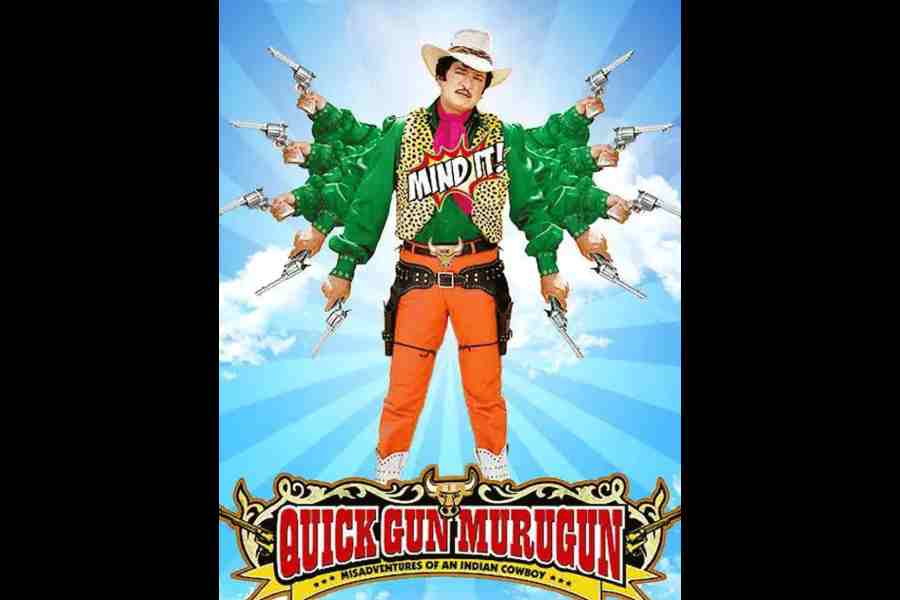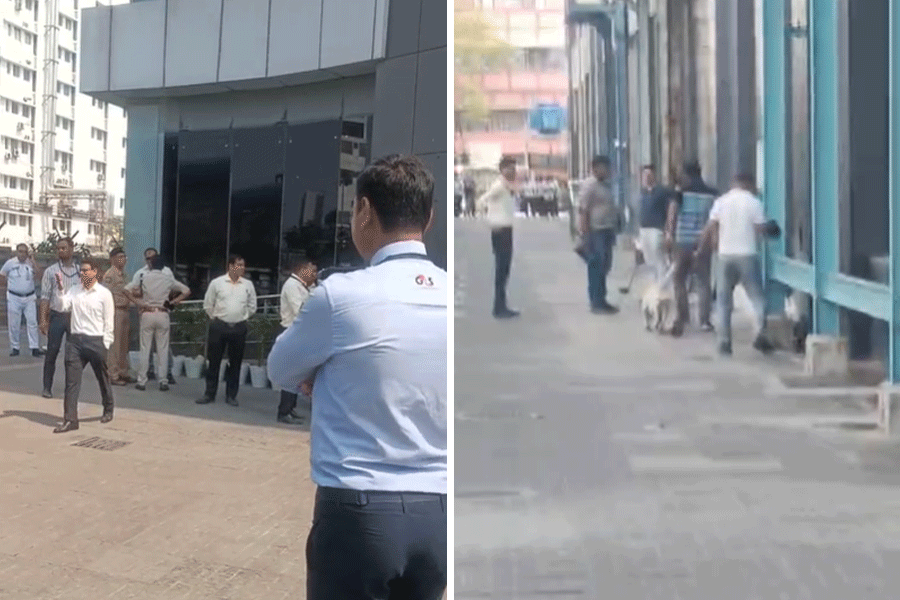Thousands of miles away from Tibet, 70-year-old Dawa Rinchen continues to pray to the Buddha with one wish — to see his homeland free.
“One day, Tibet will get independence and we will be back. Our Dalai Lama has fought for us his entire life. But China forcefully occupied our land. Even if I die here at Chandragiri, my son will go to Tibet and see his village,” Rinchen said, his voice trembling with emotion.
Rinchen was among hundreds who gathered at Jirang Buddhist Monastery in Odisha’s Gajapati district on Saturday to celebrate the 89th birthday of the Dalai Lama. “Let him live for another 100 years. He is the spirit behind our survival. He visited us in 2010 and spent three days here. We offered prayers for his long life today,” he told The Telegraph.
A refugee from Tibet, Rinchen arrived in Chandragiri with his parents in 1963 as part of India’s resettlement plan. Nearly 2,600 Tibetan refugees were settled at Chandragiri in Mohana block of Gajapati district, around 220km from Bhubaneswar. Due to its rich Tibetan culture, the area is now often referred to as “Mini Tibet.”
Recalling his journey, Rinchen said, “I was seven when we left Tibet. We first entered Arunachal Pradesh on foot, then were airlifted to Assam. From there, we travelled to Berhampur and finally to Chandragiri by bus. The area was surrounded by forests, and people avoided stepping out after 2pm. We lived in thatched houses and struggled to survive.”
He added, “With Dalai Lama’s blessings and our resilience, we overcame those years. But our hearts remain in Tibet.”
Another Tibetan, Khenpo Pema Tenphell, 49, affectionately known as “Guruji,” said, “Around 2,300 Tibetans now live here. On His Holiness’s birthday, we organised a four-day cultural programme, tree plantation and an exhibition of his works and achievements.”
Tenphell, who also serves as a community leader, added, “We have embraced the local culture. The people here accepted us. Three of us have even married locals. There is perfect harmony between our traditions.”
On the sensitive issue of the Dalai Lama’s succession, Tenphell said, “Whatever His Holiness decides will be accepted.”
The primary source of income for Chandragiri’s Tibetan community is maize cultivation. “Each family was allotted one acre of land by the government. Today, this area is known as the maize bowl of the country,” Tenphell said.
Apart from agriculture, Tibetans here also knit woollen sweaters and scarves, selling them during the winter. Some earn a livelihood by breeding and selling pedigree puppies.
The birthday celebration this year holds a deeper emotional meaning for the community, still longing to return to their ancestral land.
“We pray every day for the Dalai Lama’s long life and for Tibet’s freedom,” Rinchen said. “Even if we don’t return, our children must go back to our motherland one day.”
The festivities, despite their celebratory tone, were marked by moments of silence, storytelling, and a shared dream — of reclaiming a lost homeland that lives on in memory and hope.










